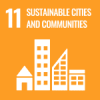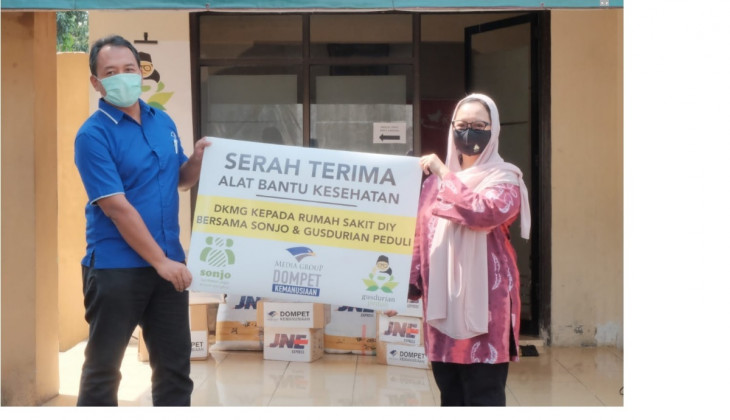Gerakan Sambatan Jogja (Sonjo) has been active for more than a year since its establishment. Sonjo even initiated a new program in early 2021 while working on other ongoing programs. So, what makes the Sonjo Movement sustainable?
Rimawan Pradiptyo, one of the initiators of the Sonjo Movement, explained that the sustainability of Sonjo’s Sustainable Movements is caused by its adaptability to situations and conditions on the field. Sonjo programs follow the development of these situations and conditions.
For example, in the early days of the pandemic, health workers lacked Personal Protective Equipment (PPE). The Sonjo Movement then created activities that could connect producers with financial aid providers to meet the PPE needs.
“So, everything is in a state of adaptation,” said Rimawan during PolgovTalks broadcasted on the Youtube channel of the Department of Politics and Government – Universitas Gadjah Mada, Tuesday (20/4).
Likewise, Sonjo’s new program in early 2021 called Sojo Husada Konvalesen (SoHibKoe) is a program initiated due to the high demand for plasma donors (Convalesen) as an additional therapy for Covid-19 patients. Sonjo found out that the high demand was not proportional to the number of survivors willing to donate their plasma. SoHibKoe then served as a program to help raise funds for plasma donors.
All the programs of the Sonjo Movement cannot be separated from issues of health, economy, and education because, according to the Sonjo Movement, the community needs assistance in these three aspects the most during the Covid-19 pandemic.
The programs are also not monotonous. If a program is no longer relevant or has completed its goal, the Sonjo Movement will start focusing on other issues that still need to be resolved. For example, the program for distributing basic food assistance to the community in the early days of the pandemic. It was necessary because the government implemented Large-Scale Social Restrictions (PSBB) policy, which resulted in a drastic decline in public activities such as the market. However, after the PSBB policy was revoked, the food distribution program became irrelevant.
“Currently, the most relevant is health, so health is what we encourage a lot. If health is sufficient, then we can start working on the economy or education,” explained the lecturer of UGM FEB.
Source: https://www.ugm.ac.id/id/berita/21040-sustainable-movements-ala-sonjo



